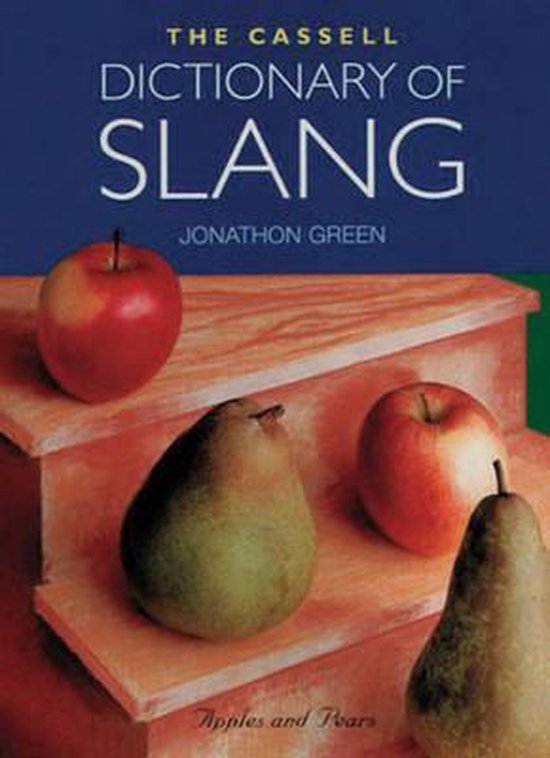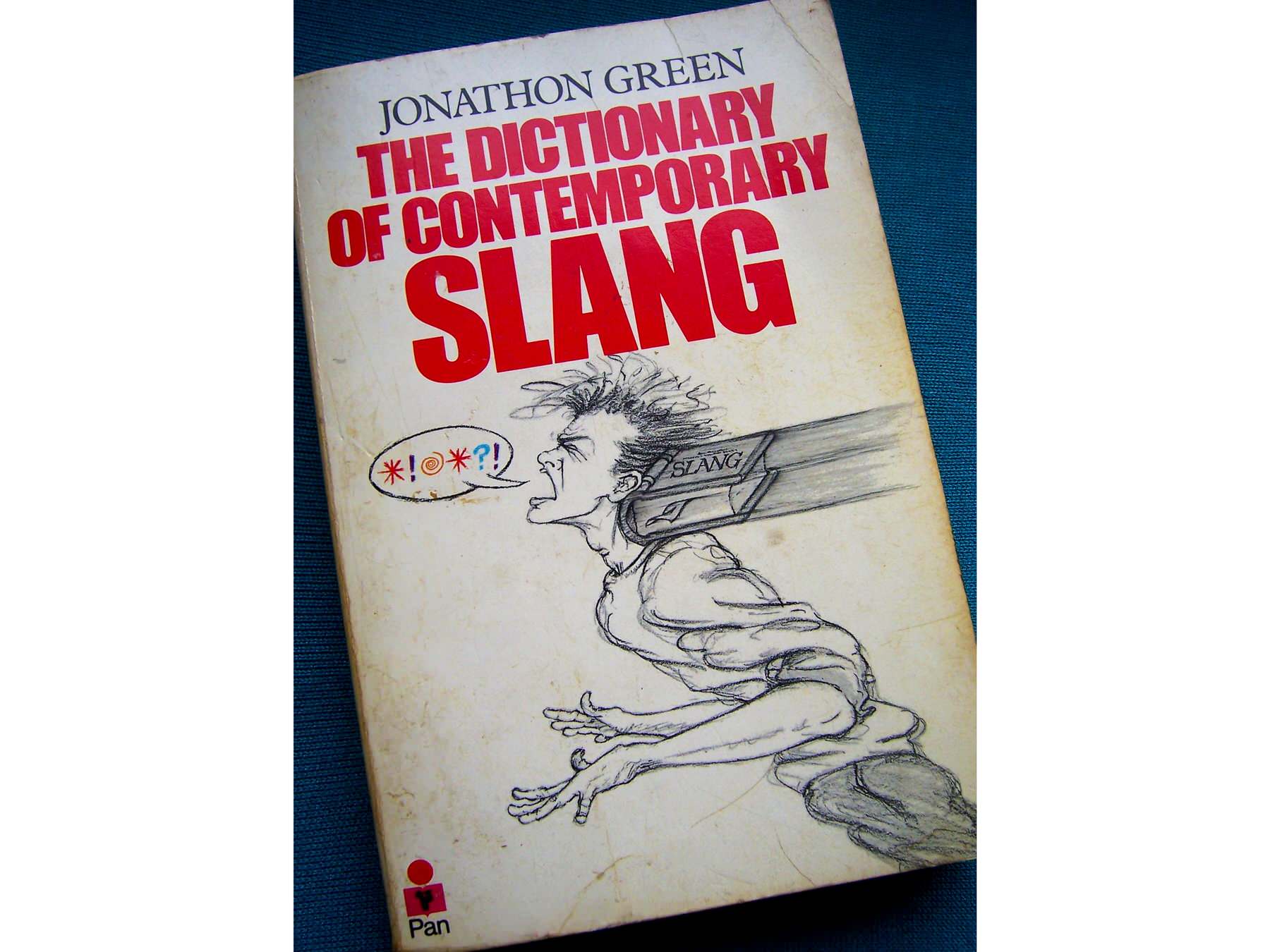

"Hilariously subversive (or subversively hilarious), a new slang dictionary challenges the sanctity of language by helping us laugh at life.The publication of Greens Dictionary of Slang-a product of 17 years of work that make it the largest slang dictionary ever published in English-is a glorious event."- Good ".breathtaking.a major achievement.The industry and scholarship underpinning it are massive." Times Literary Supplement ".an extraordinary contribution to our understanding of the history of the language and one hell of a good read."- New Statesman "Exhaustive three-volume historical lexicon-a stupendous achievement."- The Sunday Times John Walsh, "Hail to the Professor of Profanity", The Independent "Jonathan Green is the nation's indefatigable lexicographer of filth, a tierless troweller in the slurry of the unsayable." What did you think?) as he wraps up a new edition of this most mind-bendingly addictive guide to taboo talk." "The most-acclaimed British lexicographer since Johnson has every right to blow off ("late 18th century: to boast, to brag". He has published books since the 1970s, on topics ranging from occupational jargon to censorship, and is a regular radio and television commentator. Green calls it “counter-language.Jonathon Green, a lexicographer, is the author of the Chambers Slang Dictionary (2008) and Chasing the Sun (1996). Why is slang, vaguely defined as a set of informal words and phrases, so interesting? For Green, it’s “a language that expresses us at our most human.” When we use slang words-for sex, body parts, or insults-we’re talking in our “most honest and most human way.” There’s also something subversive and rebellious about it. In the 17th century, “a fizzle” referred to breaking wind two hundred years later, it evolved to mean a failed task.

In addition to meaning stupid, “bonkers” also meant mildly drunk in a 1984 citation a definition that is less widely used 32 years later. Green cites “cool,” which first cropped up in 1766, as one that still holds today. Then there are the words that change meaning. Slang is also a window into how some words fall out of circulation entirely, while others just don’t go away. Its first mention was in an Australian newspaper in 1905. With that in mind, lexicographers keep looking for older citations-one of Green’s rules of slang is that a word is “always a bit older than you think it is.” The verb “to dis”, for example, has roots earlier than 1980s hip hop.
Grasping slang is not so much about getting up to speed with modern or “youth” speech, but observing the latest lexical twist on something. For some people it’s “simply the language they speak and the words they use,” he says. “I need something I can quote, it has to have been recorded,” he says, explaining why he doesn’t do fieldwork. That particular exercise threw up over 400 citations.
#Dictionary of slang jonathan green tv#
He’ll trawl through lyrics, film and TV scripts, fiction, bibliographies in other authors’ books, and box sets-he once watched the entirety of The Wire, and as soon as a word came up, he’d stop, go back, transcribe, and trace it. He sifts through newspaper archives, picking out, say, a columnist from the mid-20th century and reading through their work to pluck out specific terms to trace. There is, Green says, “an element of dropping the stone in the pond and seeing where the ripple takes you.” Finding hundreds and thousands of slang words isn’t a straightforward affair.


 0 kommentar(er)
0 kommentar(er)
